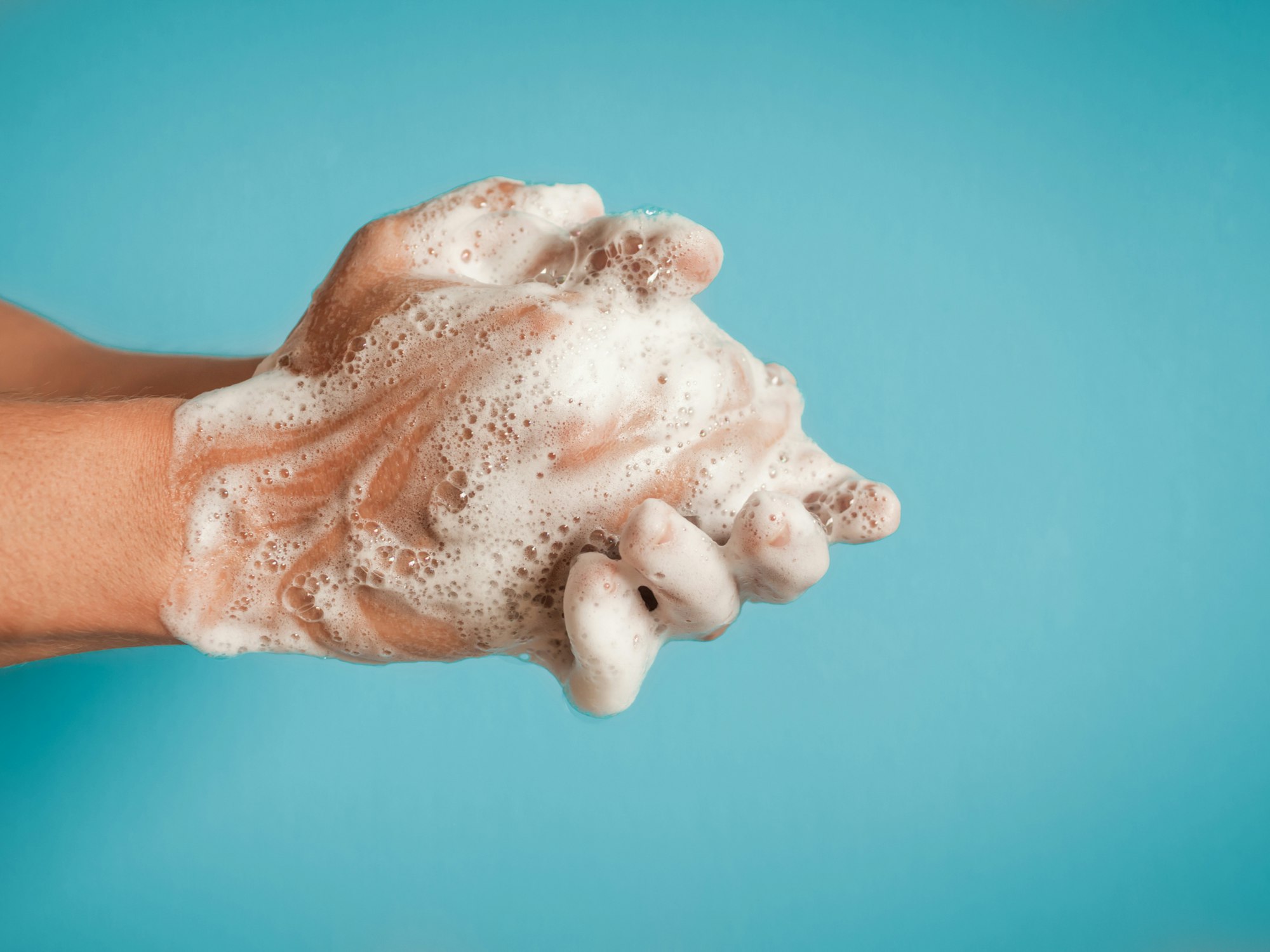How to help keep yourself healthy and safe during COVID-19

Staying safe and keeping healthy during the outbreak of COVID-19 will help protect yourself and others.
The coronavirus, or COVID-19, has recently been declared a pandemic by the WHO, which means the virus is spreading across many different countries and continents in the world.
The virus is very contagious and can spread rapidly from person to person when someone carrying COVID-19 coughs or sneezes. This is because coughing and sneezing causes small droplets that spread the virus.
The Australian Department of Health says the virus will most often cause breathing difficulties and lung infections. Older people and people with chronic health conditions are especially at risk of getting sick.
Keeping safe during this time is about reducing the risk of spreading or catching COVID-19.
Reducing the risk to yourself and others
Making changes to our daily lives in terms of personal hygiene and social behaviours can help slow the spread of the virus which will help limit the impact on other people, businesses, and healthcare services such as hospitals and doctor’s clinics.
There are a number of ways to help reduce the spread of COVID-19, one of the easiest to practice is good personal hygiene.
Hygiene
It is important to practise good personal hygiene to help reduce the spread of germs.
You can help to reduce the risk of catching or spreading COVID-19 by:
-
Wash your hands regularly and thoroughly, for at least 20 seconds using soap and water or an alcohol-based hand rub. This helps kill any germs that may be on your hands.
-
When coughing or sneezing, cover your mouth and nose with a tissue or bent elbow. This will limit the spread of the droplets that contain the virus.
-
Try to limit touching your eyes, nose and mouth with your hands to avoid the virus from entering your body and making you ill, if your hands are contaminated.
Social distancing
Another way to reduce the spread of CVID-19 is by applying social distancing. This means having less contact between you and the people around you. It can be practised at home, at work, and while out in the community.
The Australian Department of Health has made some recommendations to maintain social distancing, including:
-
Avoid contact with others, especially if you are unwell, elderly or have a preexisting health condition.
-
If around other people, keep a minimum of 1.5 metres distance between yourself and others.
-
Cover your nose and mouth with a face mask to stop yourself from potentially spreading the virus to someone else, especially if you are not well and need to go out in the community
-
Stay home and only go out for necessary trips. Consider whether leaving your home is sensible and essential.
-
Limit physical contact. Rather than shaking hands as a greeting, just say hello, wave or nod as an alternative.
-
Let fresh air into your home or workplace by opening windows for more ventilation.
-
Avoid, cancel or reschedule large groups and gatherings.
-
If your child is not well, keep them home from school or childcare.
Seeking medical attention
Health practitioners have introduced measures to keep people seeking medical attention safe during COVID-19.
If you are unwell and have a fever, cough and difficulty breathing, you should seek medical attention. It is recommended that you call your doctors office before attending an appointment.
This will allow them to direct you to the right health facility without coming into contact with others, and help prevent the spread of coronavirus and other infections.
Caring for someone with COVID-19
If you need to care for someone who has been infected with COVID-19 it is important to keep yourself safe.
The Department of Health recommends that you:
-
The sick person should stay in a single room with the door closed and use a separate bathroom if possible.
-
Limit the number of people looking after the person to minimise contact.
-
Open a window for fresh airflow in the room.
-
Wear a surgical mask when in the same room as the infected person.
-
Avoid contact with vulnerable family members, including people over 65 or those with a chronic illness.
Staying informed
It is important to stay up to date with the latest COVID-19 developments so you are informed about the best way to protect yourself and the community.
Some trustworthy information sources are:
-
State or Territory health departments for local information
A specific coronavirus Health Information Line has been set up on 1800 020 080, to provide you with the latest information, available24 hours a day, seven days a week.
Support during COVID-19
For people with a disability, having access to support services is essential to remaining safe and healthy. Your usual services may be impacted by the outbreak of COVID-19, so preparing for this is important.
Currently, the National Disability Insurance Agency advises participants to think about the essential supports they need and what ones they cannot live without.
Service providers and health professionals can then help develop a plan to ensure health and safety needs are met over the coming months.
They also recommend:
-
Maintaining an adequate supply of the essential products you need, without stockpiling more than is necessary. Currently, it is recommended keeping at least one month’s supply of any essential medications.
-
Reducing the number of people entering and leaving your home.
Related Content:
What are you doing to keep yourself safe? Tell us in the comments below.